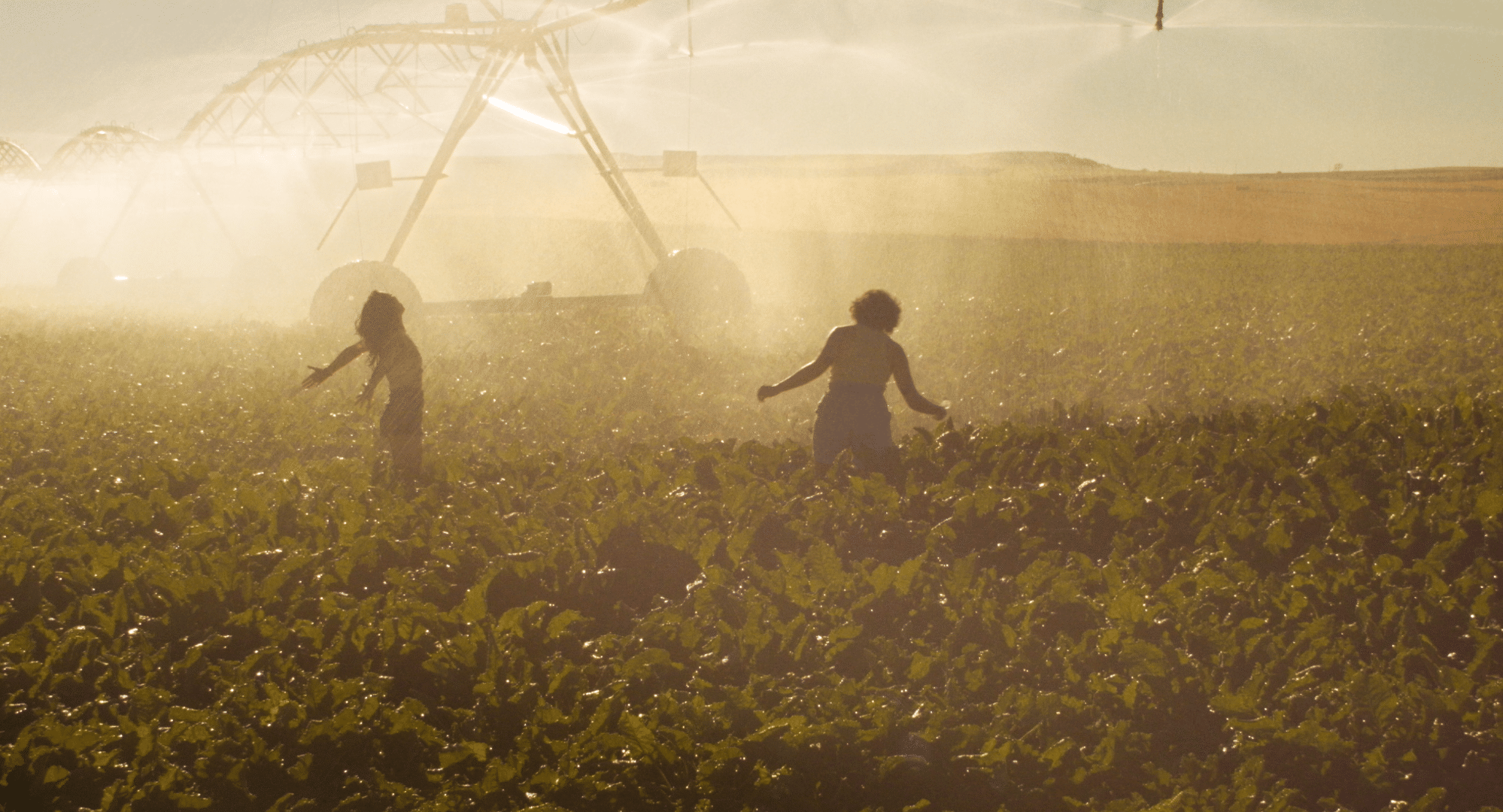The 68th edition programs the world premieres of the new and surprising feature films by Arturo Dueñas and Enrique García-Vázquez from Valladolid and the Goya winner José Luis Lopez-Linares
The cinema created, produced and shot in the Community will have its leading role in the International Film Festival, which will program the world premieres of the feature films signed by the Valladolid filmmakers Arturo Dueñas and Enrique García-Vázquez, whose films Secundarias and Gallo rojo, respectively, have been one of the great revelations for the Seminci Selection Committee this year. Alongside them, the Festival will program, also as a world premiere, the new documentary by Goya award winner José Luis López-Linares, who will present Rioja. La tierra de los mil vinos, produced by Rodrigo Espinel from Valladolid for Morena Films.
These three titles make up Castilla y León en Largo which, together with the competitive section Castilla y León en Corto, the winning projects of the Seminci Factory-Valladolid Film Commission competition and the Quercus program of the Castilla y León Film Festivals Coordinator (FECCYL), will bring together the best of cinema linked to the region.
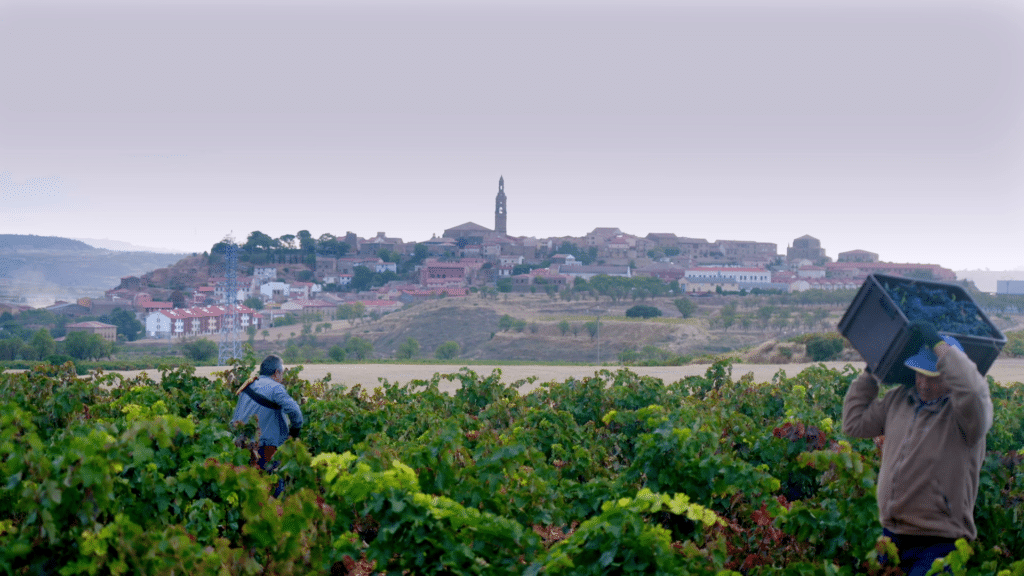
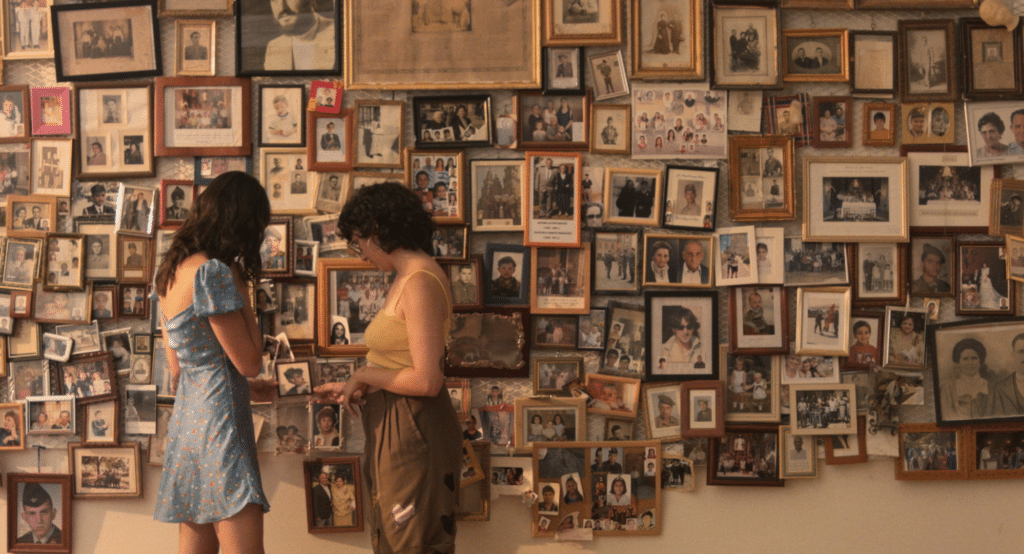
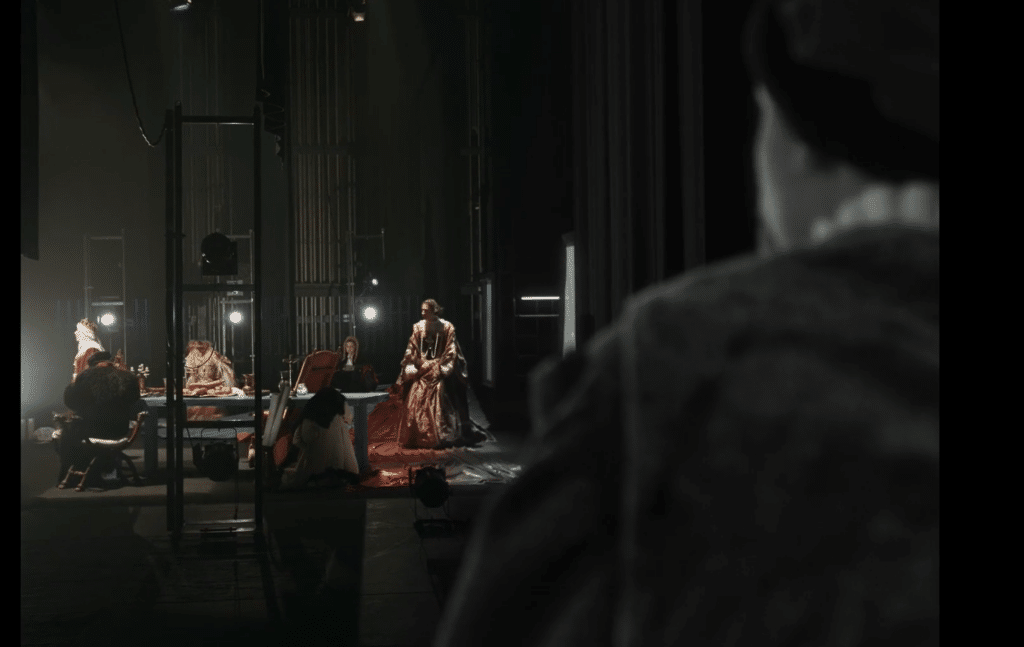
Castilla y León in feature films
Secundarias is the title of the new feature film by Arturo Dueñas (Pessoas, Dajla. Cine y olvido), an interpretative tour de force starring a group of actresses who talk about their professional beginnings, their families or their training while they enter and leave the scene in a film and with elements that intermingle reality and fiction, in an interesting game between theater and cinema. Shot in sequence, Secundarias takes place almost in real time during the performance at the Calderón Theater of the play Cartas al Emperador, a show by the company Teatro del Navegante featuring actresses Béatrice Fulconis, Marta Ruiz de Viñaspre, Olga Mansilla, Inés Acebes, Pablo Rodríguez and Pino de Pablos.
Another world premiere is Gallo rojo, Enrique García-Vázquez’s brilliant feature-length fiction debut, which also opts for the Seminci Joven section award, endowed with 6,000 euros. The director emerges with his first fiction as a filmmaker with his own vision and with one of the most promising futures of the Community’s audiovisual industry. Starring Pino de Pablos and Lucía Lobato, Gallo rojo narrates the relationship of the new generations with the rural environment and addresses issues such as depopulation and the migration of young people to the city through the story of two girls determined to open a summer cinema in the courtyard of the old family house in a village in Tierra de Campos. Enrique García-Vázquez participated in this same section in 2021 with the documentary Buscando la película (verano 2020).
Finally, Castilla y León en Largo programs the documentary produced by Rodrigo Espinel from Valladolid for Morena Films Rioja. La tierra de los mil vinos, the new feature film by director José Luis López-Linares. Considered one of the greatest exponents of contemporary Spanish documentary cinema, Lopez-Linares describes in his new work the moment of hatching that this wine region is experiencing through numerous interviews with representatives of the entire wine production chain of this designation of origin, visits to the fields, historic and anonymous wineries, cooperatives, restaurateurs, consumers and representatives of the world of culture, as the interpreters Pepe Viyuela or Mabel del Pozo or the National Gastronomy Awards Andres Conde Laya or Gemma Vela.
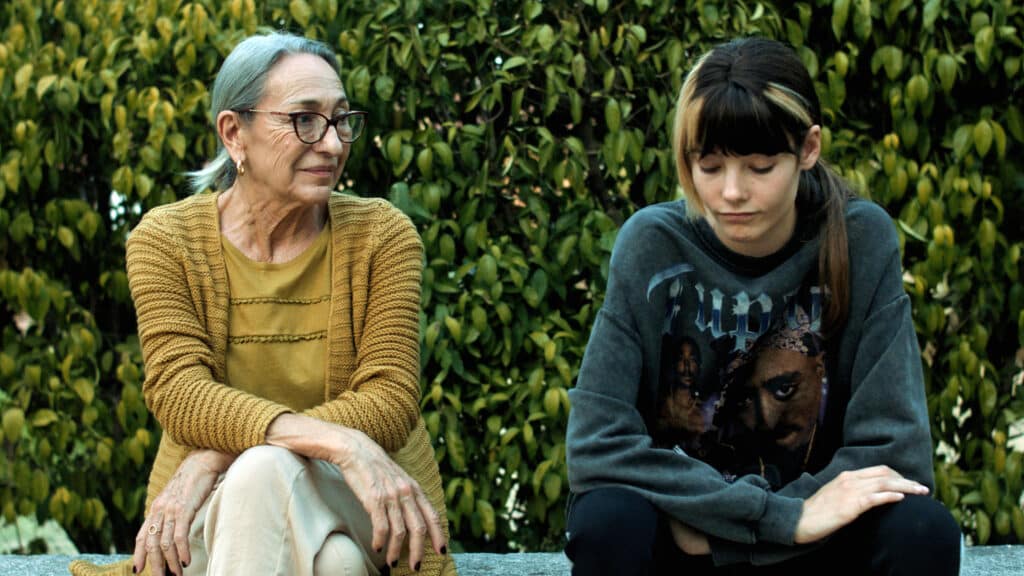

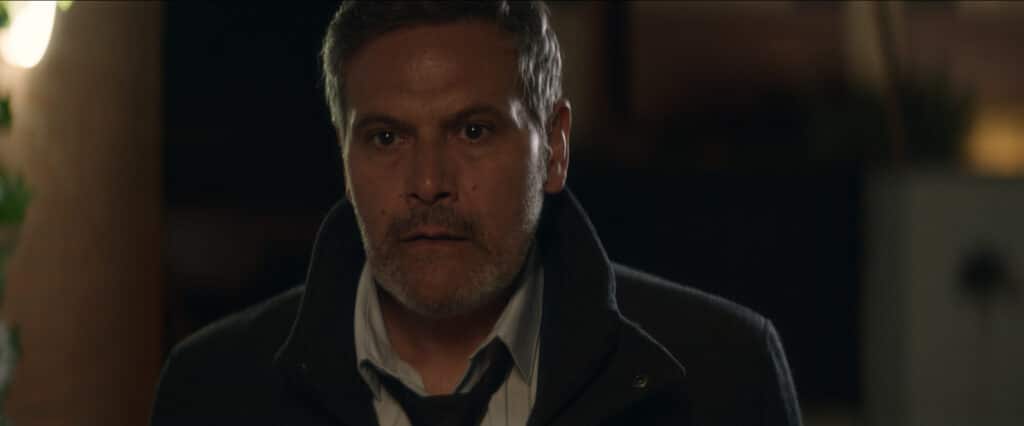
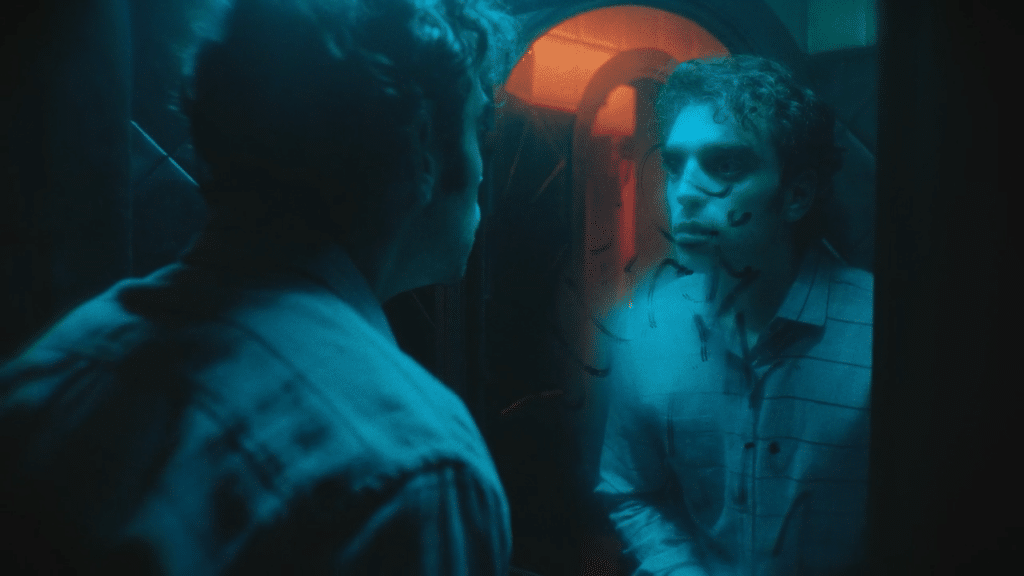

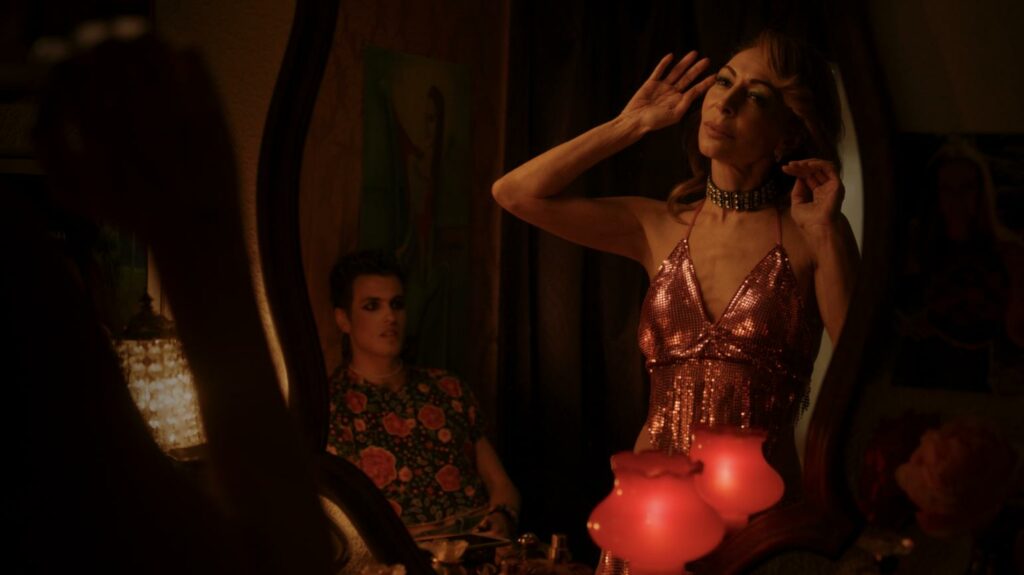
Castilla y León in short films
The competitive section Castilla y León en Corto offers this 68th edition six works linked to the autonomous community, a section that the Festival organizes thanks to the collaboration of the Ministry of Culture of the Junta de Castilla y León and the sponsorship of El Norte de Castilla.
The chosen works are El rey de la semana, by David Pérez Sañudo, who repeats in the section after presenting his work Au Pair last year. Starring Nacho Sánchez and Álvaro Cervantes, El rey de la semana is part of ‘Rodando Burgos’, a project of four short films shot in the capital of the Arlanzón between January and February of this year, financed by the city council. Also returning to the section is Palencia-born filmmaker Pablo Quijano -special mention in this same section in the 66th edition for Marinera de luces- with Rubio cobrizo, a short starring María Barranco and Elisa Matilla, accompanied by Clara Sans (El fantástico caso del Golem) and Josele Román.
Another filmmaker repeating in the section will also compete for the award. The Valladolid-born Herminio Cardiel, who has participated in the section on numerous occasions with his works Splash (2012), El lado frío de la almohada (2013), Fuera de servicio (2016), Fugaz (2017), Actúa (2020) or Ogro (2021), presents this edition Nudo, a short starring Sara Jiménez (Julieta, Estoy vivo) and Roberto Enríquez (Los Borgia, El embarcadero). The competition will also feature the shorts Velado, an intimate, LGTBI story with autobiographical overtones by Carlos C. Insuela and Carla Voces from Valladolid; and Alegre y olé, a story about mental health by Clara Santaolaya, also from Valladolid, starring Mireia Oriol (Las del field hockey, Alma) and Luisa Gavasa.
All of them will compete for the award for Best Short Film in the Castilla y León en Largo section, which will also program out of competition El cuñao, by Javier Canal Díez, a project from the Master in Film, Production and Audiovisual Industry of the University of Valladolid, with a cast made up of Óscar Zautúa (Amar es para siempre), Carlos López (Dorian) and África de la Cruz (Las gentiles) from Seville.
The selected titles, both feature films and shorts, have in their casts performers of the stature of Nacho Sánchez (Mantícora), Álvaro Cervantes (El juego del ahorcado, Adú), María Barranco (Las edades de Lulú, Las brujas de Zugarramurdi), Elisa Matilla (30 monedas, Servir y proteger), Josele Román (Kiki, el amor se hace), Pepe Viyuela (La gran aventura de Mortadelo y Filemón, García y García), Mabel del Pozo (Servir y proteger, Cerdita) or Luisa Gavasa (Las chicas del cable, La novia, El maestro que prometió el mar).
Seminci Factory – Valladolid Film Commission
The presence of films from Castilla y León at the 68th Seminci will be completed with the screening of the two winning projects of the last edition of the Seminci Factory competition (the shorts Trigues tistres, by Lucía Lobato, and Caso dativo, by Juan Rodríguez-Briso), and the session dedicated to presenting the short films selected this year by the Quercus project, an initiative of the Castilla y León Film Festivals Coordinator (FECCYL), sponsored by the Ministry of Culture, Tourism and Sports of the Castilla y León Regional Government, whose objective is to give national and international projection to short films made in the region.
